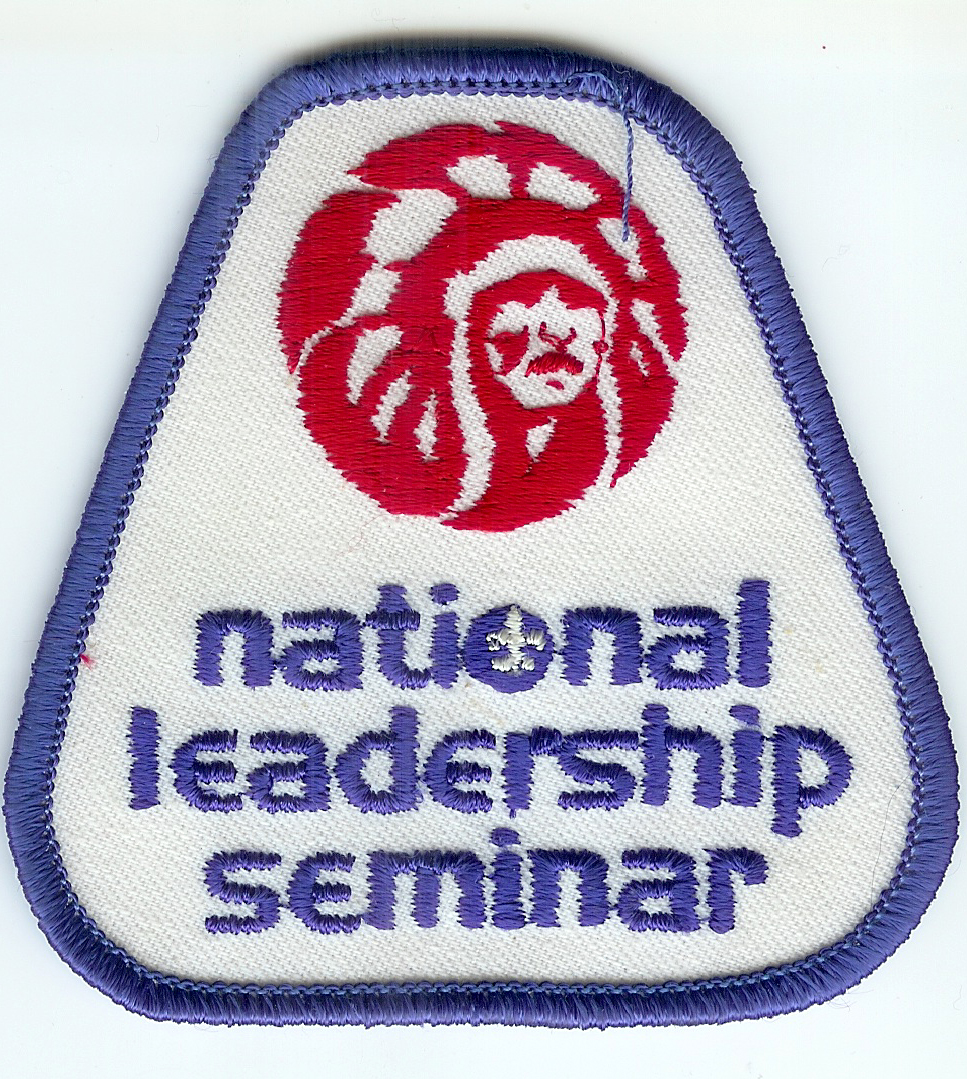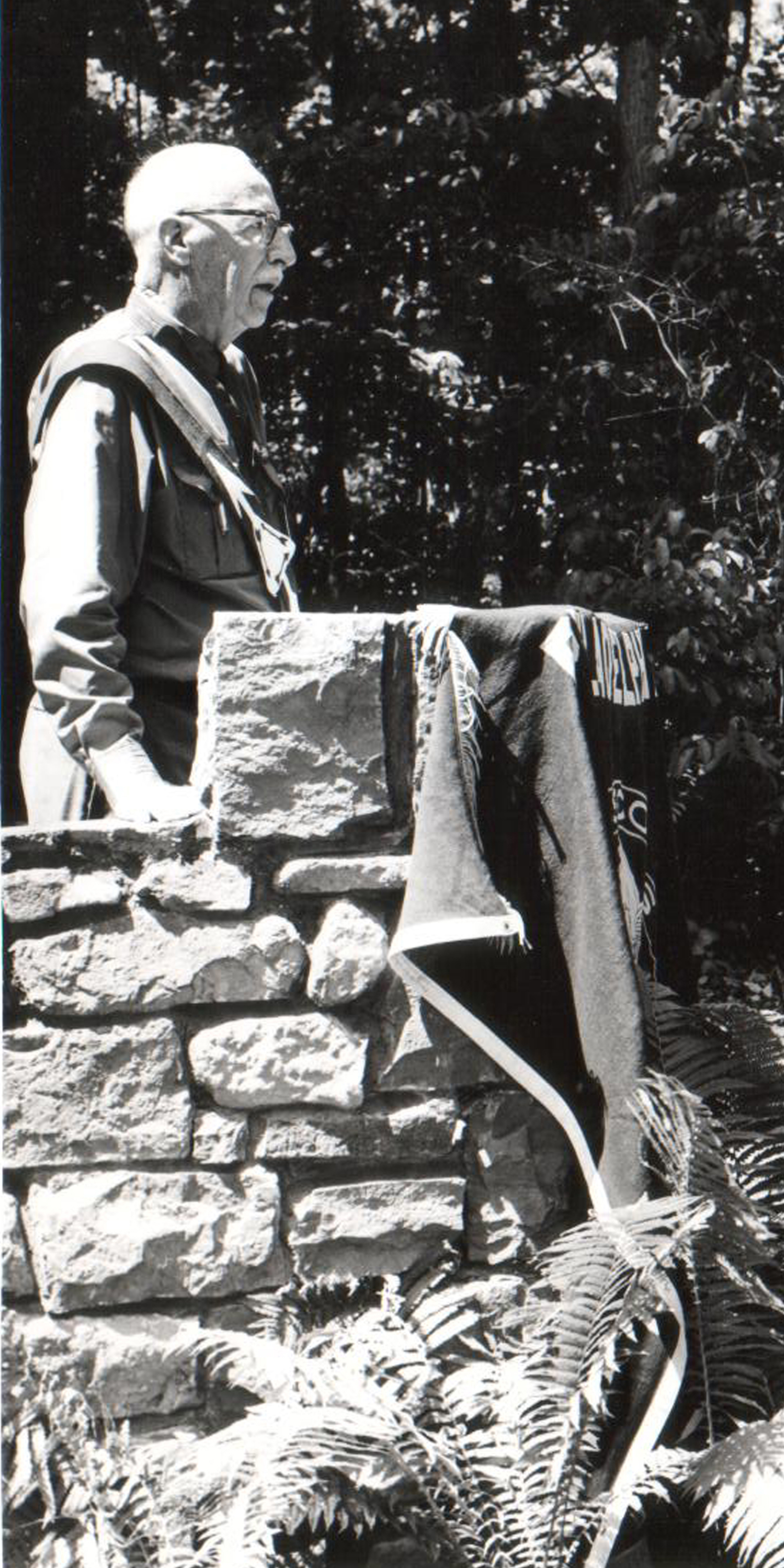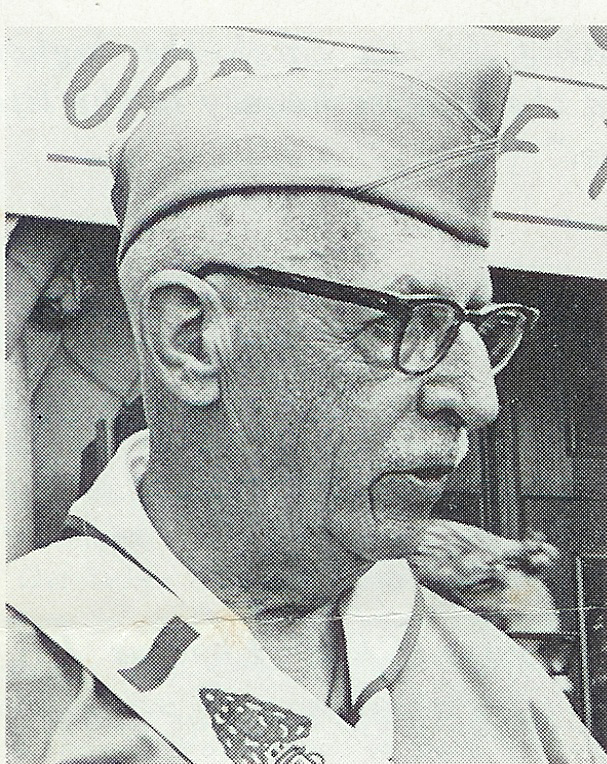ONWARD ARROWMEN PLAN II
With hearts and wills united, let us strive to meet these challenges:
PERSONAL CHALLENGE
Each Arrowman will strive to:
- Be more aware of his spiritual commitment.
- Seal his bond in the Order by attaining the Brotherhood Honor.
- Accept his obligation as an Arrowman and a Boy Scout or Explorer today – as a Scouter tomorrow.
- Advance in Scout rank, or as an Explorer, fulfill his responsibilities in his post program.
- Recruit one new boy or adult into Scouting annually.
- Promote the correct wearing of the uniform through personal example.
LODGE CHALLENGE
Every lodge, in cooperation with council camping and conservation committees, will strive to:
- Improve its support of the council camping and conservation program.
- Perpetuate our American Indian culture and traditions.
- Develop a training program for new lodge and chapter officers and advisers.
- Promote leadership among younger members.
- Assist with promotion of outdoor and camping skills by:
1. Providing visual aids for camping promotion.
2. Compiling an up-to-date “Where to Go Camping” booklet for Boy Scout troops and Explorer posts.
- Improve communication through regular publication of lodge bulletins and newsletters.
- Conduct annual Order of the Arrow membership elections in every eligible Boy Scout troop and Explorer post.
- Maintain complete and current membership and financial records.
- Implement revised membership requirements through the lodge program as they become effective.
AREA CONFERENCE CHALLENGE
Area training conferences are held at least every other year for the purpose of training lodge and chapter officers and advisers. Emphasis will be placed on:
- Camping promotion and service to camping.
- Improving interlodge relationships in the spirit of Brotherhood.
- The national Order of the Arrow training program.
NATIONAL CHALLENGE
The National Order of the Arrow Committee, together with the camping and conservation service, will aid Arrowmen, lodges, and areas by:
- Maintaining national standards for lodge organization and administration.
- Providing training aids and information.
- Encouraging total lodge participation in a nation-wide Order of the Arrow camping and conservation promotion program.
- Promoting professional Scouting as a career.
 The program was announced at the
The program was announced at the  Honor recipient on November 5, 1921; his Vigil Honor name “Netami” translates to “The First” as a tribute to his place as the first chief and first youth leader of WWW.
Honor recipient on November 5, 1921; his Vigil Honor name “Netami” translates to “The First” as a tribute to his place as the first chief and first youth leader of WWW.